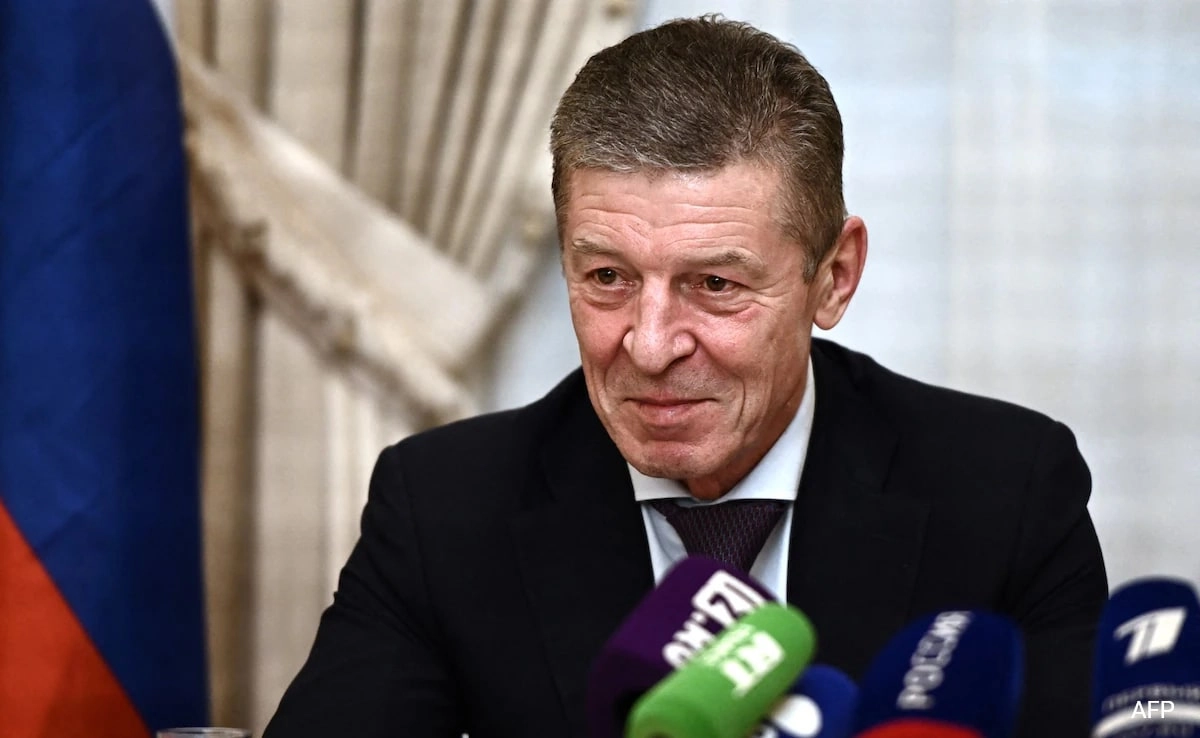Dmitry Kozak, a prominent figure within the Kremlin and a senior aide to President Vladimir Putin, has announced his resignation from his position as Deputy Chief of Staff. This unexpected development has sent ripples through the political landscape of Russia, raising questions about the implications of his departure and the future trajectory of Putin’s administration. Kozak has been a key player in various political maneuvers and negotiations, particularly in relation to Ukraine and the broader geopolitical situation in Eastern Europe. His experience and insight into foreign policy and domestic affairs have made him a significant figure in the Kremlin’s inner circle.
Kozak’s resignation is noteworthy not only for the timing but also for the potential power vacuum it may create within the government. As a trusted advisor to Putin, Kozak has been instrumental in shaping policies and strategies that align with the Kremlin’s interests. His departure could indicate shifts in the administration’s approach to critical issues, including Russia’s ongoing conflict in Ukraine and its relationships with neighboring countries. The Kremlin has not provided detailed reasons for Kozak’s resignation, which has led to speculation about possible internal disagreements or changes in the political dynamics within the Russian leadership.
This resignation also reflects broader trends within the Russian government, where loyalty and alignment with Putin’s vision are paramount. Kozak’s exit raises concerns about the stability of the current administration, as it may signal a reevaluation of key positions and strategies. Observers are keenly watching how this change will affect not only domestic governance but also Russia’s foreign relations, particularly with Western nations that have been critical of the Kremlin’s actions. As the political landscape evolves, the ramifications of Kozak’s resignation could have lasting effects on the trajectory of Russian politics and its engagements on the global stage.
In the wake of Kozak’s departure, it remains to be seen who will fill the void left by his resignation and how this will impact the Kremlin’s decision-making processes. As Putin continues to navigate complex national and international challenges, the choice of his next deputy chief of staff will be crucial in determining the administration’s future direction. The implications of this change extend beyond individual politics, touching on the broader themes of governance, power dynamics, and the ongoing struggle for influence within the Russian political system. The coming weeks will be critical in assessing the fallout from Kozak’s resignation and the potential shifts that may arise in the Kremlin’s strategic approach.




